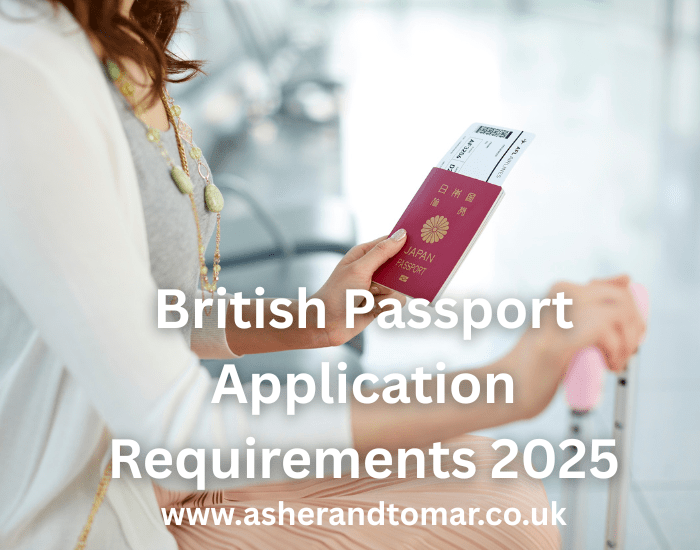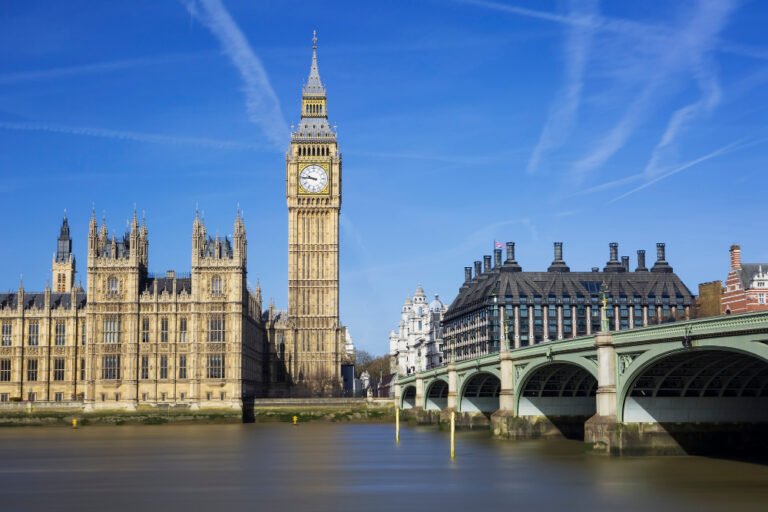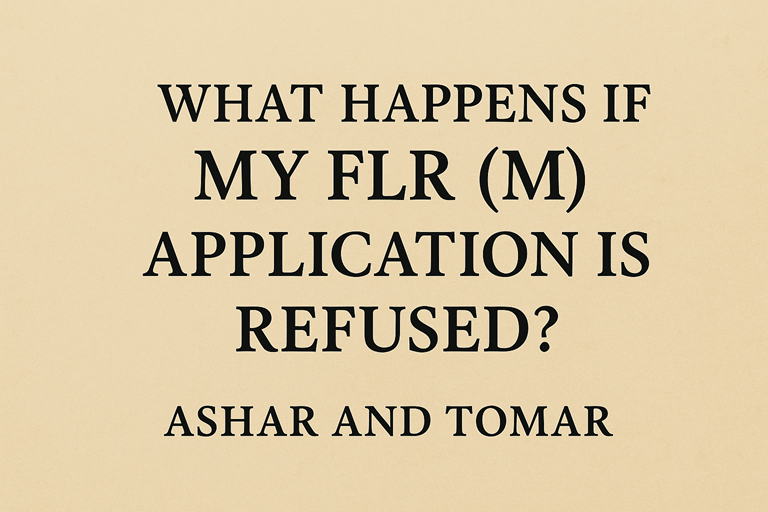Planning to study in the UK can be an exciting journey, but obtaining the right visa is crucial. If you are an international student considering studying in the UK, you will likely need a UK student visa, known as the Tier 4 (General) Student Visa. This comprehensive guide from Asherandtomar.co.uk walks you through the entire process, including the application, eligibility, and requirements.
What is a UK Student Visa?
A UK student visa, previously known as the Tier 4 (General) Student Visa, allows international students to pursue their studies in the UK. Whether you plan to enroll in a full-time degree, short-term courses, or an exchange program, the student visa enables you to live, study, and work (in certain conditions) while in the UK. The visa is granted based on the length and type of your study program.
Types of UK Student Visas
Depending on your study duration and course type, different visas are available. The main types of UK student visas are:
- Short-Term Study Visa
Ideal for students who wish to study English language courses lasting from 6 to 11 months. - Student Visa (formerly Tier 4)
This is the most common type for students enrolling in a long-term course, such as undergraduate or postgraduate degrees. - Child Student Visa
For students aged between 4 and 17 who wish to study at an independent school in the UK.
Eligibility Criteria for a UK Student Visa
Before applying, it’s crucial to meet the necessary requirements. These include:
- Offer from a Licensed Sponsor:
You must have an unconditional offer from a UK-based educational institution that holds a valid sponsorship license. - Confirmation of Acceptance for Studies (CAS):
The institution provides you with a CAS, which is a unique reference number required for your application. - English Language Proficiency:
You need to demonstrate proficiency in English through recognized tests such as IELTS, TOEFL, or PTE. - Financial Stability:
You must show proof that you can support yourself financially during your stay. This includes tuition fees and living expenses. - Tuberculosis Test:
Students from certain countries are required to undergo a tuberculosis test.
How to Apply for a UK Student Visa?
The application process for a UK student visa involves several steps. Below is a detailed breakdown:
- Receive a CAS from Your University:
Once you have accepted an offer to study, your university will issue a CAS. This document is crucial for your visa application. - Complete the Online Visa Application:
You must apply online through the UK government website. Ensure all the information is accurate, and you have the required documents ready. - Pay the Application Fee:
The current fee for a UK student visa is £363. However, this fee may change, so always check the latest fees on the official website. - Submit Biometrics and Photographs:
You will need to provide biometric data (fingerprints and a photograph) at a visa application center. - Attend a Visa Interview (If Required):
Some students may be asked to attend an interview to further verify their application details. - Wait for a Decision:
Once the application is complete, you will typically receive a decision within 3 to 6 weeks, depending on the processing times in your country.
Required Documents for UK Student Visa Application
Gathering the right documentation is key to a successful visa application. The required documents include:
- Passport or Travel Document:
Your passport must be valid for the duration of your stay. - CAS from Your University:
The CAS reference number and supporting documents from your educational institution. - Proof of Funds:
Bank statements or financial documents showing you can cover your tuition fees and living costs. Typically, students in London need at least £1,334 per month, while those outside London need £1,023 per month. - English Language Test Results:
Valid IELTS, TOEFL, or other approved English language test scores. - Tuberculosis Test Results (If Required):
Proof that you’ve undergone a TB test, if applicable to your country of residence.
Financial Requirements and Proof of Funds
One of the key aspects of the UK student visa application is demonstrating that you have enough financial resources to support yourself. You must show evidence that you can cover:
- Tuition Fees:
The tuition amount as listed in your CAS. - Living Costs:
A minimum of £1,334 per month for students in London and £1,023 per month for those studying outside London. - Additional Costs for Dependents (if applicable):
If you’re bringing dependents, you will need to show extra funds for each dependent.
Working While Studying on a UK Student Visa
One of the advantages of a UK student visa is the ability to work part-time while studying. You can work:
- Up to 20 hours per week during term time.
- Full-time during holidays.
However, students are not permitted to work in certain fields, such as professional sports, and some may face restrictions on self-employment.
Post-Study Work Options: Graduate Route
The UK offers excellent post-study work opportunities for international students through the Graduate Route Visa. After successfully completing your degree, you can apply for this visa, which allows you to work or look for work in the UK for up to 2 years (3 years for Ph.D. graduates). The Graduate Route has proven to be an attractive option for those looking to gain international work experience after their studies.
UK Student Visa Fees and Costs
The cost of a UK student visa includes several components:
- Visa Application Fee:
The standard fee is £363. - Healthcare Surcharge:
Students are required to pay an Immigration Health Surcharge (IHS), which is approximately £470 per year. This grants access to the UK’s National Health Service (NHS). - Other Costs:
Additional costs may include biometric enrollment fees, document translation costs, and express processing fees.
Common UK Student Visa Rejection Reasons
Visa rejection can be a major setback, but understanding the common reasons can help avoid such issues:
- Insufficient Proof of Funds:
Failing to demonstrate adequate financial resources is a common reason for rejection. - Incorrect or Incomplete Documents:
Always double-check that you have submitted the correct documentation. - English Language Requirements Not Met:
Ensure your English proficiency test scores meet the requirements set by your institution and the UK government.
Final Thoughts
Obtaining a UK student visa is a significant step toward realizing your dream of studying in the UK. By following the outlined process and ensuring you meet all requirements, your chances of a successful application will be greatly enhanced. For more detailed guidance or assistance with your UK student visa application, visit Asherandtomar.co.uk. We’re here to make your visa process as smooth and hassle-free as possible.








